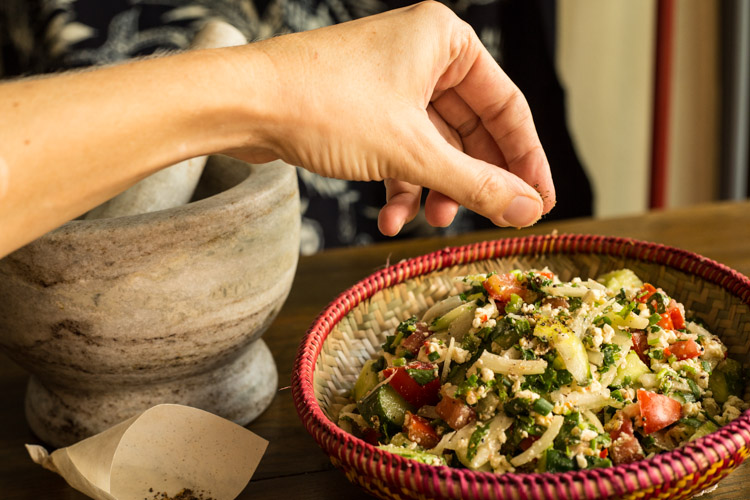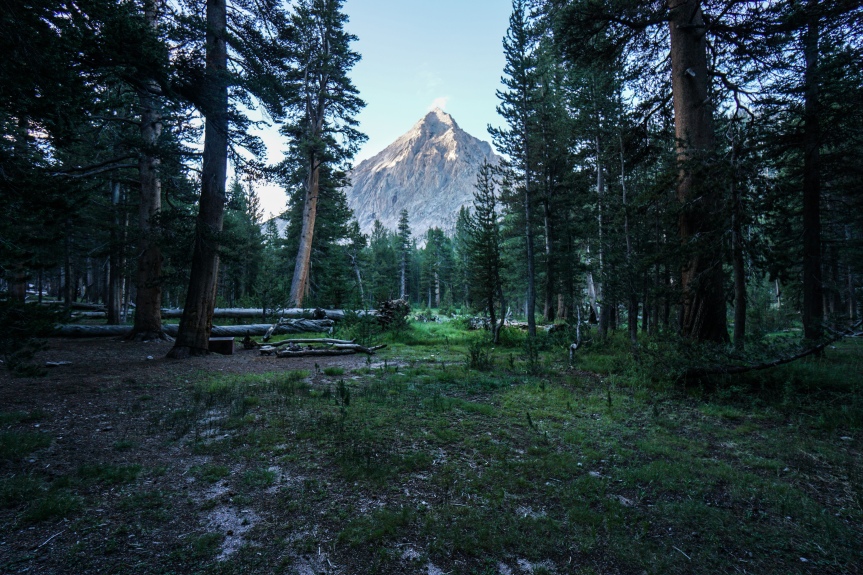Источник: http://wp.me/P6HKtq-1e
| Полезные советы on WordPress.com
Запись с фотографией.
Источник: | Полезные советы on WordPress.com
Одежда от производителя европейского качества.
ЗАПЕКАЕМ РЫБУ, 5 ЛУЧШИХ РЕЦЕПТОВ 🐡
Источник: ЗАПЕКАЕМ РЫБУ, 5 ЛУЧШИХ РЕЦЕПТОВ 🐡
Hiking (and Photographing) the John Muir Trail
“Mountains seem to answer an increasing imaginative need in the West. More and more people are discovering a desire for them, and a powerful solace in them. At bottom, mountains, like all wildernesses, challenge our complacent conviction — so easy to lapse into — that the world has been made for humans by humans. Most of us exist for most of the time in worlds which are humanly arranged, themed and controlled. One forgets that there are environments which do not respond to the flick of a switch or the twist of a dial, and which have their own rhythms and orders of existence. Mountains correct this amnesia. By speaking of greater forces than we can possibly invoke, and by confronting us with greater spans of time than we can possibly envisage, mountains refute our excessive trust in the man-made. They pose profound questions about our durability and the importance…
View original post ещё 1 117 слов
A Salad from Bhutan
I first ate this salad for breakfast in central Bhutan, where it was served heaped on a huge bowl of fried rice — a fine farmer’s breakfast.
Aum Tashi Wangmo, our host, had pulled the ingredients from her garden shortly after dawn. She chopped and sliced the vegetables, wielding a vast knife and chopping board as she perched awkwardly on a tiny stool in the middle of the kitchen floor. Crumbling a handful of homemade cheese on top, she slid it onto the dining table, where we promptly demolished it, pestering her for the recipe between mouthfuls.
 Tashi Wangmo’s breakfast salad is called Goen Hogay («cucumber salad») in Dzongkha. Because Bhutanese farm cheese is a friable feta-like cheese, and because the other major ingredients are cucumber, tomato and onion, the salad bears more than a passing resemblance to a Greek salad. What lifts the Bhutanese version apart from its European…
Tashi Wangmo’s breakfast salad is called Goen Hogay («cucumber salad») in Dzongkha. Because Bhutanese farm cheese is a friable feta-like cheese, and because the other major ingredients are cucumber, tomato and onion, the salad bears more than a passing resemblance to a Greek salad. What lifts the Bhutanese version apart from its European…
View original post ещё 354 слова
Why You’re Not Leaving London
A Rural Idyll in Steady Decline
The people of that plainly built farming town led simple lives and were proud of the hardship and forfeiture that rural existence assumed of them. They knew their place in that world and — as is customary in such isolated surroundings – they conducted themselves with the same sheltered constancy as so many of their forebears had abided for generations before. In the summer months, they worked on the bog, cutting and footing the turf as the midges ate at their faces and the sun reddened their necks. In autumn, they collected the dried turf in sacks and shifted the load onto rented wagons for bringing home. They burned the dried sod for fuel during the winter and prayed to the mother, the father, and the Holy Spirit in heaven that it would be a short cold this year and that spring would not be long in coming.
As soon as…
View original post ещё 2 446 слов


